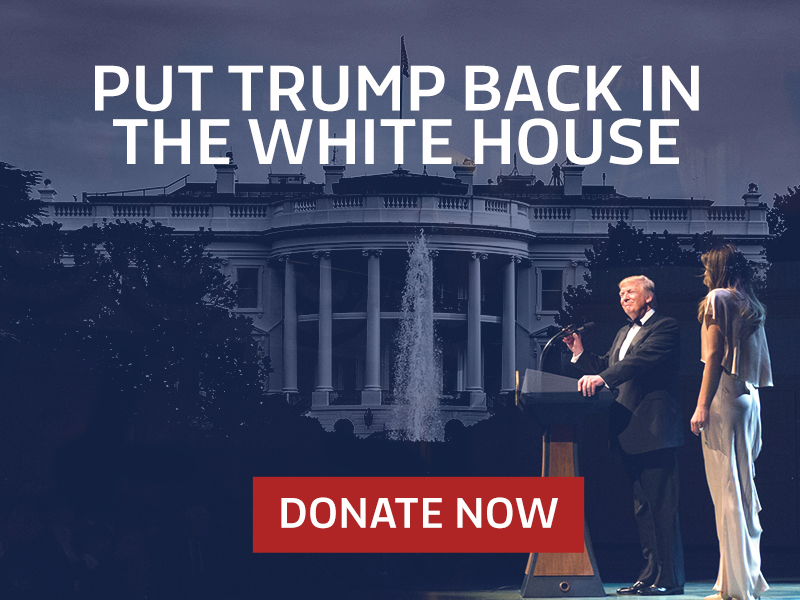Don’t believe the hawks who tell you they don’t want a war with Iran. Instead, ask them if they’d go to war to stop Iran from getting nuclear weapons, or if they’d prefer war to peace if peace meant the mullahs’ regime could cling to power. War is a means to an end, and the hawks believe the ends of regime change and nuclear nonproliferation justify war, if it comes to that. Peace too is only a means to an end, and war is what happens when the means of peace are deemed insufficient.
President Trump has a cooler head than most of his critics when it comes to nuclear weapons, as he’s proved so far with his North Korea policy. And North Korea actually has the bomb, which Iran is some distance from possessing. But certain members of Trump’s own administration are itching for regime change, as are the usual extra-governmental enthusiasts. At best, they imagine a Middle East without a hardline Shi’ite regime will be placid and pro-American; at worst, they’re not thinking at all beyond the simplest part of any war, killing the enemy. Much could be said about the unintended consequences of toppling the nasty regime in Tehran — about the trajectory of Saudi ambitions and the forces that even the most successful war would unleash — but before looking ahead, it’s worth looking back. Which, if any, of our many military interventions in the region have been a satisfying success?
The truth is that America has a perverse record when it comes to wars and other conflicts in the Islamic world. Our use of military force promotes Islamist radicalism. In the late 1980s, when the US backed the mujahideen against the Soviet-supported regime in Afghanistan, there was at least an overarching Cold War logic to what we were doing. But 12 years after the Soviets’ defeat, the US itself had to go to war against Islamists in Afghanistan in 2001. Islamists based there orchestrated the murder of 2,977 people in the United States by means of the 9/11 attacks. An armed response was necessary, but nearly 18 years later the US has been no more successful than the USSR in establishing a self-sustainable non-Islamist government in Kabul. The US has deeper pockets and is suffering casualties more slowly than the Soviets were, so our forces can stay longer. No American president wants to be our Gorbachev where Afghanistan is concerned, so they are all Gorbachevs in denial.
The Persian Gulf War of 1991 and the Iraq War of 2003 both succeeded against Saddam Hussein only at the cost of inflaming Islamism — Osama bin Laden used the 1991 Gulf War, which saw US troops in Saudi Arabia, as a propaganda tool for whipping up a terror war against ‘Crusaders.’ The 2003 Iraq War plunged that land into sectarian civil war, which served to excite Islamists throughout the region, left Iran unchecked by its old rival, and generated refugee flows that further destabilized existing regimes and created opportunities for Islamist revolution. The Islamic State was one result.
Toppling Muammar Gaddafi in Libya left a void Islamists have been eager to fill, and the bloody civil war in Syria is one that Islamists will win if Bashar al-Assad loses. We’re supposed to believe, however, that the good, America-loving Islamists will win, not the bad, American-killing Islamists. The record of the last 30 years puts the lie to that hope. The mujaheddin really were pro-American in many cases, yet they lost to the anti-American Islamists. What do we think will make the outcome any different in the long run in any of these other violent, generally poor, ideologically radicalized countries?




